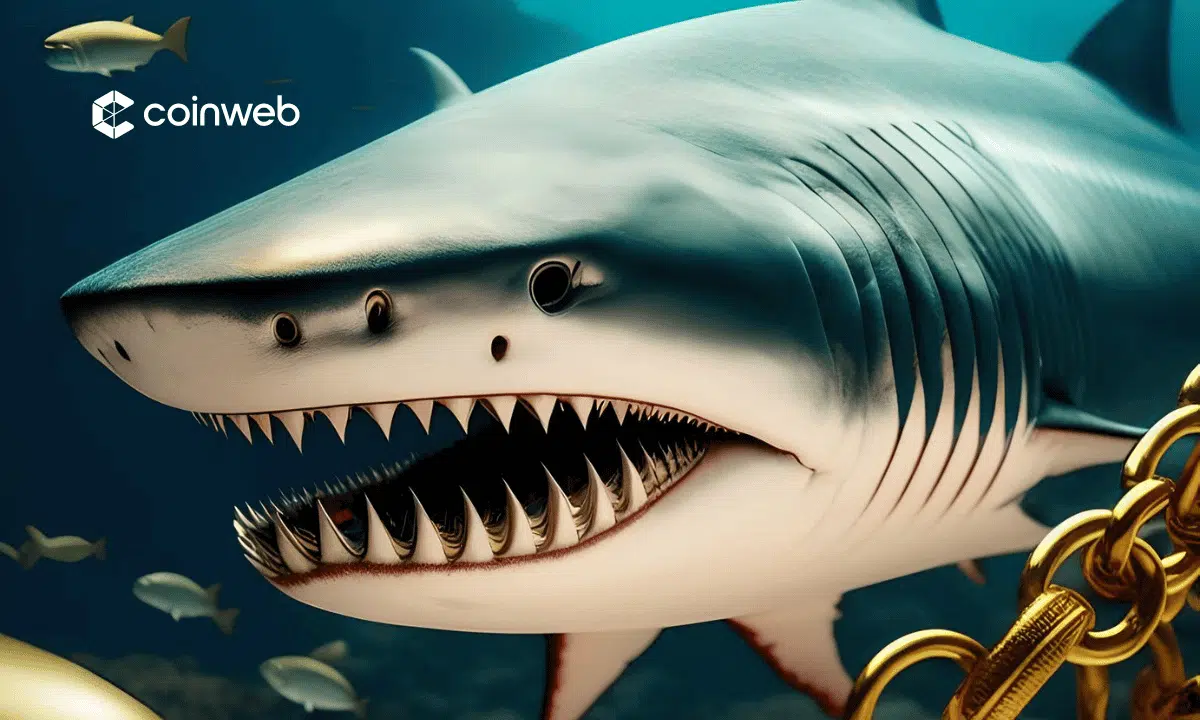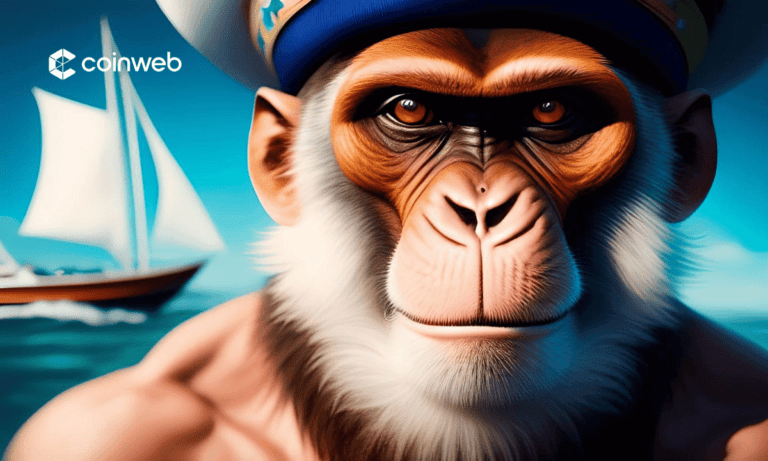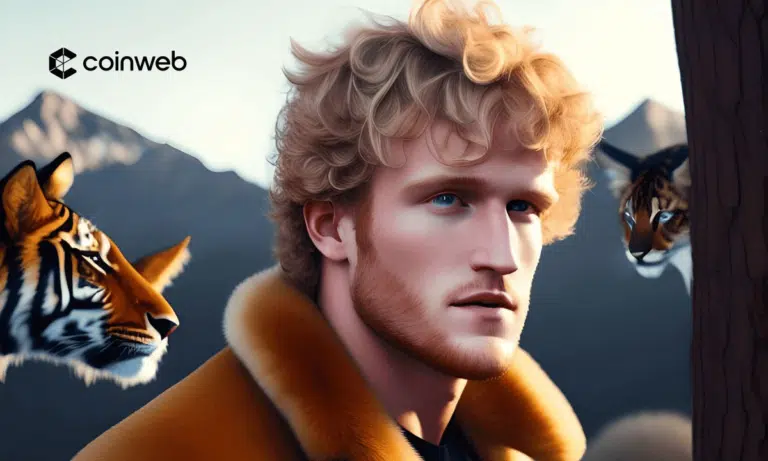TL;DR
- The popular NFT marketplace OpenSea will stop enforcing mandatory creator royalties, charging 2.5% – 10%. These fees apply for secondary sales of NFTs.
- Mark Cuban, Yuga Labs, and other creators like Betty could take action due to the decision.
OpenSea takes measures as interest in NFTs declines
OpenSea is in the spotlight after its latest decision irritated many leading figures and brands in the NFT space.
The NFT market is far below the boom phase it witnessed in 2021. This prompted marketplaces such as OpenSea to take action, in order to attract more buyers.
When the market is in a structural decline, the number of customers is falling; thus, the industry’s revenues follow suit.
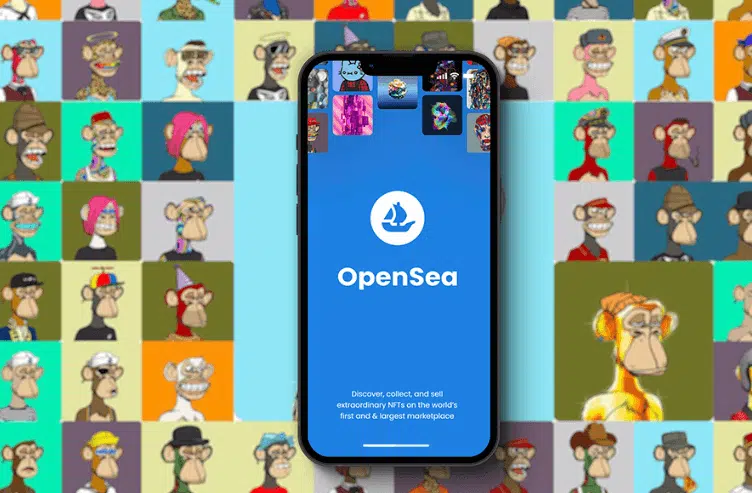
OpenSea announced new plans regarding creator royalties
Following months of build-up, OpenSea announced plans to stop enforcing mandatory creator royalties.
These charges generally amount to 2.5% -10% of the sales and are tackled on to secondary sales of NFTs.
At the same time, this is an important source of revenue for NFT creators, which explains why the company’s decision was welcomed with fierce criticism.
Experts in the field believe OpenSea’s decision comes from stronger competition from other NFT marketplaces like Rarible and Binance.
Slashing creator royalties is a popular practice nowadays, given the number of NFT buyers and the value of these assets.
In 2021, NFT production + services amounted to over $1.3 billion monthly. That was the peak of the NFT boom.
Currently, the numbers are depressed, given the aggregate volume of transactions is below $200 million per month.
Mark Cuban against the decision
Mark Cuban was one of the first important figures to criticize the plan a day after OpenSea revealed it. He highlighted via its Twitter account that “not paying royalties on NFT sales is a HUGE mistake by OpenSea.”
The Dallas Maverick owner and investor in OpenSea participated with $23 million in the OpenSea Series A funding round in 2021.
Based on the latest figures, the NFT marketplace is worth over $13 billion. The figure is generated based on the Series C valuation last year.
Implications of the move
OpenSea’s move could have broader ramifications in the short and medium term.
Yuga Labs, the creator of Bored Ape Yacht Club, plans to sunset its compatibility with OpenSea.
According to a spokesperson, the company will disallow OpenSea from trading new Yuga projects by February 2024.
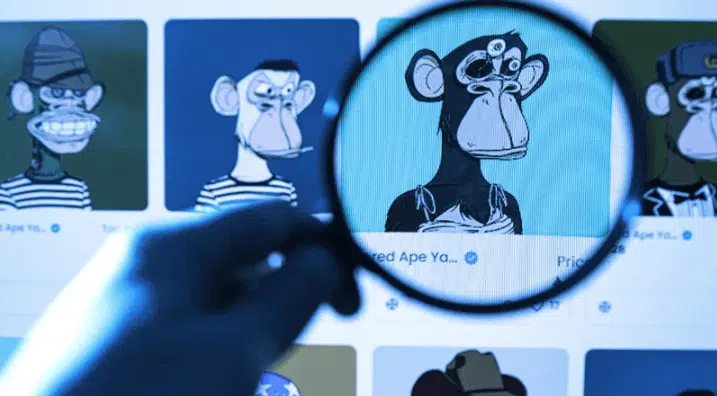
Such a move could significantly impact OpenSea’s revenue, given that Yuga Labs has generated over $9 billion worth of NFT sales.
Betty, the founder of the Deadfellaz NFT project, is also against the decision. She called for an industry-wide boycott while claiming OpenSea “failed artists, particularly underrepresented ones.”
Competing NFT marketplaces saw the window of opportunity as criticism grew. Rarible talked about its commitment to creator royalties.
This is a chance for smaller brands to attract new customers wanting to leave OpenSea.
As NFT prices fail to recover, the best approach is to focus on NFT buyers at the expense of creators?
The answer to this question is unknown, and we should see whether OpenSea’s decision turns out to be good.


